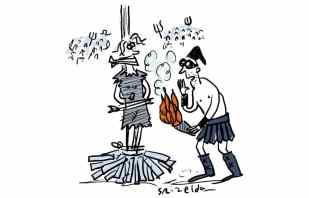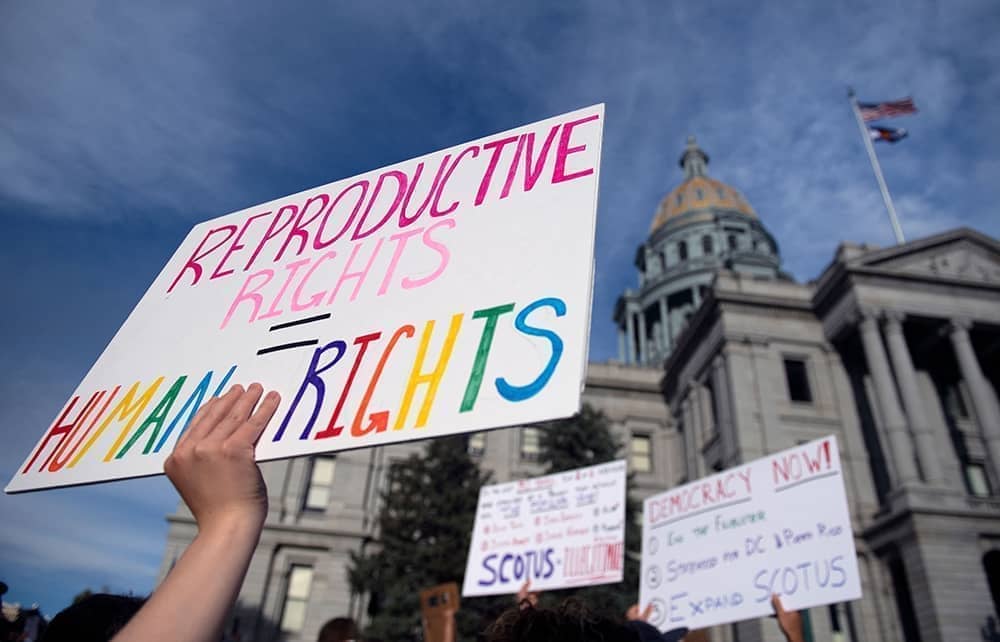The US Supreme Court has not banned abortion. The point made by its ruling – a pretty reasonable one – was that such issues should be decided by elected politicians, not by appointed judges. ‘It is time to heed the Constitution and return the issue of abortion to the people’s elected representatives,’ wrote Justice Samuel Alito in his majority opinion. In other words: stop confusing the job of the court with the job of the legislature. If you want to protect women’s rights in the United States, pass a law to do so.
But Congress has not passed such a law. As a result, millions of women are losing access to abortion services in states that have been waiting for Roe vs Wade to be overturned. In many cases, there are virtually no exceptions. A teenage rape victim will no longer be able to have an abortion in Kentucky. A victim of incest in Arkansas will need to cross state lines if she doesn’t want to go through with her pregnancy. For pro-choice Americans like me, there’s little comfort to be found in the Court’s nuanced ruling.
The only way to explain this gulf – between the ruling and what’s actually happening – is to explain what fills it: extreme, divisive politics. Power-hungry partisans have been inflaming the issue of abortion for almost 50 years – trading on vitriol for votes, and leaving large legislative gaps around women’s rights. It has suited both parties to use the Supreme Court to play politics. The question is whether they really want to stop.


‘You can have the final word,’ Joe Biden said in his speech from the White House last week. ‘My message to the American people: you have the power to elect leaders who will defend and protect your rights,’ echoed his vice-president Kamala Harris on Twitter.








Comments
Join the debate for just £1 a month
Be part of the conversation with other Spectator readers by getting your first three months for £3.
UNLOCK ACCESS Just £1 a monthAlready a subscriber? Log in